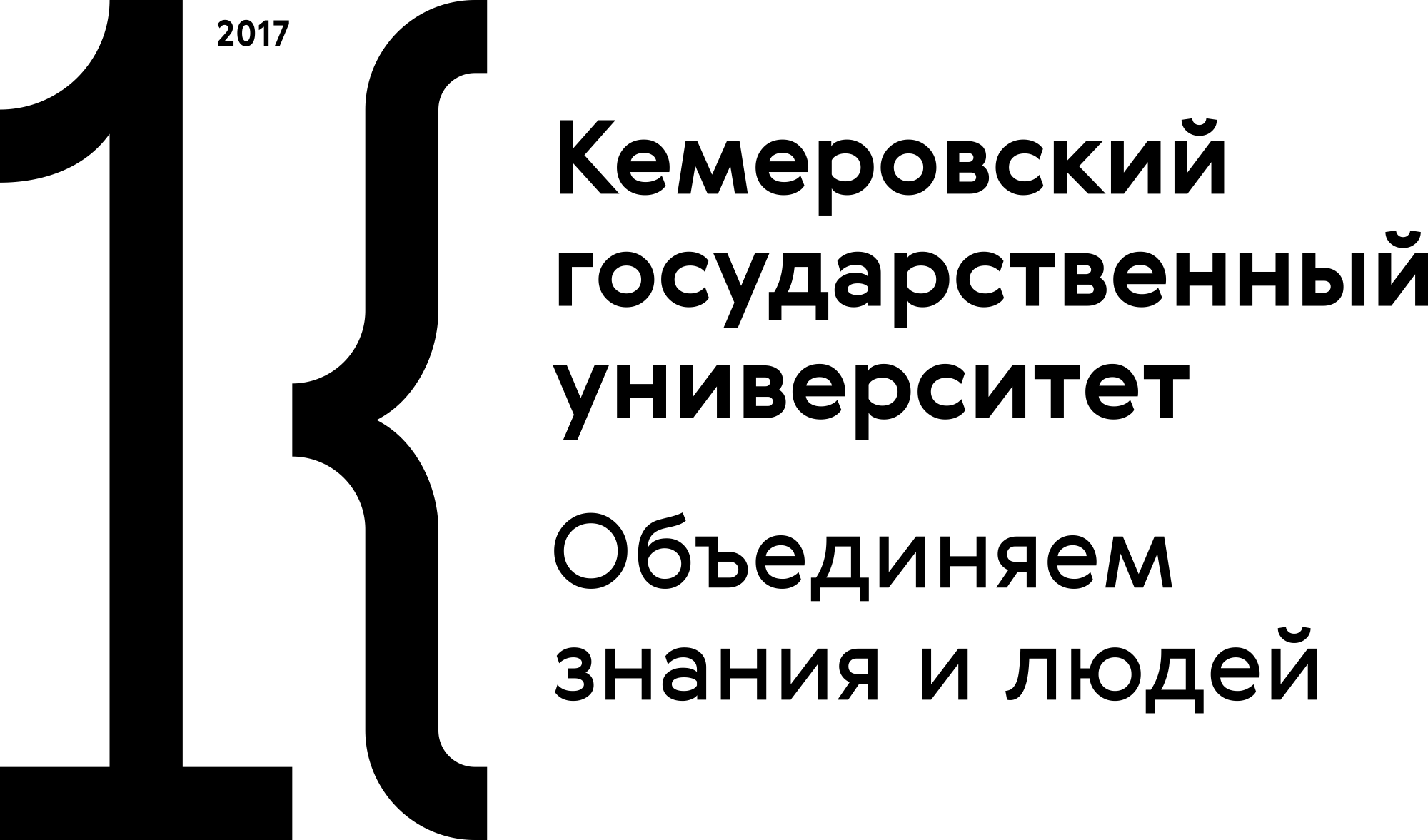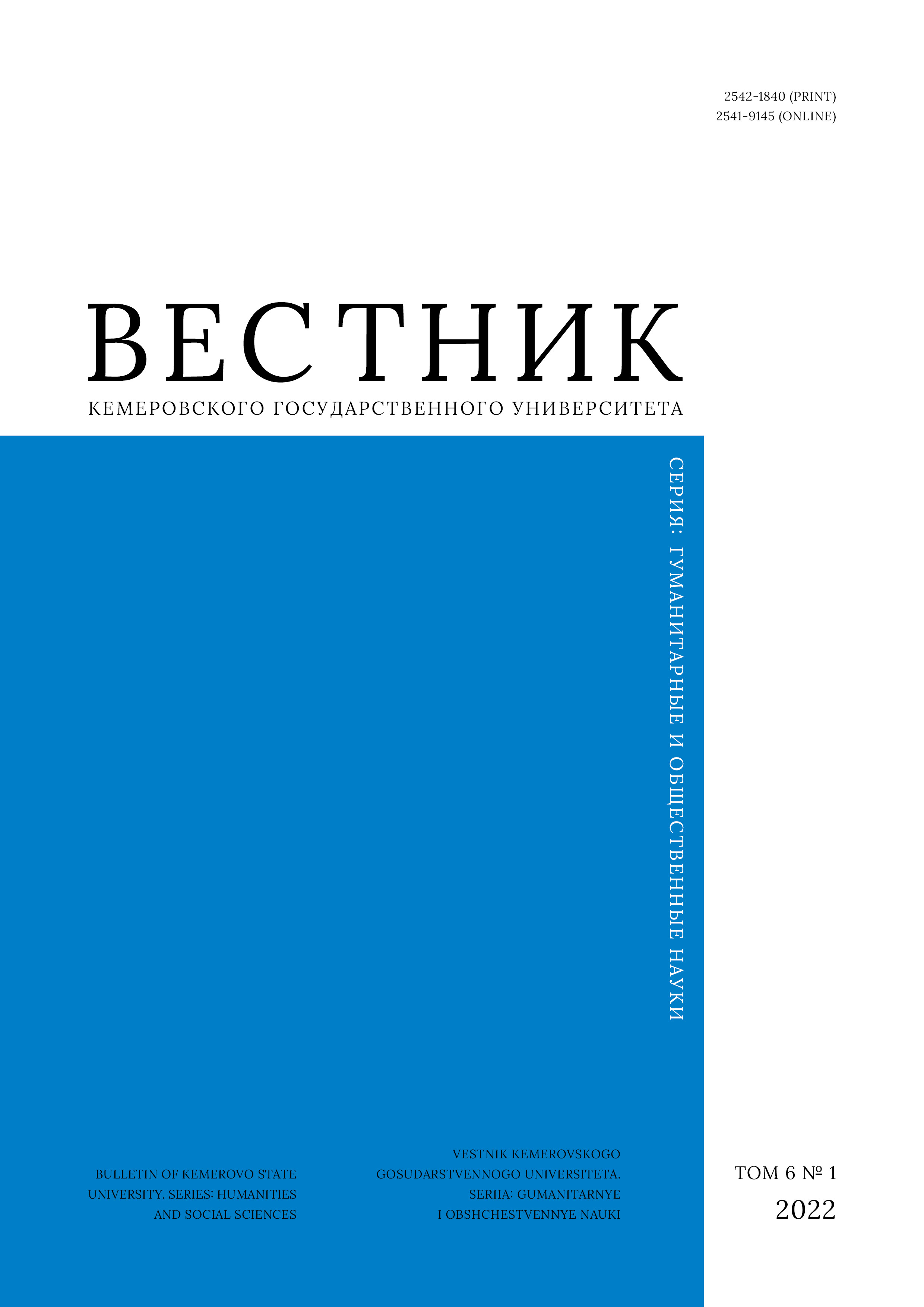Barnaul, Russian Federation
The article examines constitutional and legal anomalies that prevent effective legal regulation of social relations and sustainable legal development in modern Russia. The research featured such types of anomalies as the dualism of nominal constitutional law and reality, interpretive and law enforcement deviations from the formal constitutional legal norm, normative contradictions, gaps, and other formal legal defects of certain sources and norms of constitutional law. The study was based on historical, comparative, systemic-structural, and formal-legal methods of studying the constitutional and legal doctrine, as well as the current legislation and law enforcement practice of the Constitutional Court of the Russian Federation. Constitutional and legal anomalies appeared to be a complex and controversial issue of great practical relevance that requires further research. Constitutional and legal anomalies proved to have a close connection with the Constitution of the Russian Federation, a special sphere of action, and specific content. They produce a negative effect on the entire legal system of Russia. New measures will prevent and eliminate anomalies, thus ensuring sustainable legal development.
legal anomaly, fictitiousness, deviation, contradiction, gap, defect, efficiency, constitution, sustainable development
1. Nanba S. B. Law: patterns and deviations. Zhurnal rossiiskogo prava, 2014, (6): 145-149. (In Russ.)
2. Petrov A. V. Anomalies of law: concept and nature. Vestnik Nizhegorodskogo universiteta im. N. I. Lobachevskogo, 2015, (1): 170-180. (In Russ.)
3. Nanba S. B., Pomazanskiy A. E., Tsomartova F. V. Positive modifications in law. Zhurnal rossiiskogo prava, 2015, (5): 26-36. (In Russ.) https://doi.org/10.12737/10716
4. Mazurov A. V. Constitution and social practice. Moscow: Chastnoe pravo, 2004, 367. (In Russ.)
5. Mukhachev I. V. Problems of homeostasis in the theory and practice of Russian constitutional law. Dr. Jurispr. Sci. Diss. Moscow, 1999, 321. (In Russ.)
6. Vasiliev V. I. On the dynamics and stability of the constitution. Constitution and legislation: Proc. Intern. Sci.-Prac. Conf., Moscow, 29 Oct 2003. Moscow: Olita, 2003, book 1, 86-93. (In Russ.)
7. Mityukov M. A. On the transformation of the Constitution of the Russian Federation. Pravo i vlast, 2001, (1): 105-112. (In Russ.)
8. Nevinskiy V. V. "Transformation" of the Constitution of the Russian Federation: concept, methods, and limits. Constitutional and legal foundations for the reform and development of public authorities and local self-government in the Russian Federation, eds. Kravets I. A., Kurcheev V. S. Novosibirsk: NSU, 2005, 8-18. (In Russ.)
9. Dzybova S. G. General patterns and contradictions of the legal system of society. Rossiiskaia iustitsiia, 2011, (2): 50-53. (In Russ.)
10. Anichkin E. S., Rudt Yu. A. Constitutional balancing in Russia: practice and perspectives. Pravo. Zhurnal Vysshey shkoly ekonomiki, 2019, (S5): 80-100. (In Russ.) https://doi.org/10.17323/2072-8166.2019.5.80.100
11. Morozova A. S., Karasev A. T. Problems of improving Federal relations in Russia: Regularities and deviations. Konstitutsionnoe i munitsipalnoe pravo, 2015, (10): 27-31. (In Russ.)
12. Sarycheva I. A. The legal system is "falling apart", threatening the constitutional security of Russia. Federalizm, 1997, (4): 121-142. (In Russ.)
13. Sidorenko E. N. The Ministry of Justice of Russia and the problems of regional lawmaking. Jurist, 2000, (5): 7-10. (In Russ.)
14. Annenkova V. G. Unity of the Russian state: problems of constitutional theory and practice. Dr. Jurispr. Sci. Diss. Abstr. Moscow, 2006, 46. (In Russ.)
15. Shakhray S. M. The potential of the Basic Law is far from exhausted. Constitution and legislation: Proc. Intern. Sci.-Prac. Conf., Moscow, 29 Oct 2003. Moscow: Olita, 2003, book 1, 45-54. (In Russ.)
16. Sharnina L. A. Category of discretion in constitutional law. Moscow: Prospekt, 2017, 268. (In Russ.)
17. Anichkin E. S. Constitutional modernization of Russia in 2020: point amendments or revision of the Basic law? Bulletin of the Kazakh Humanitarian Juridical Innovative University, 2020, (2): 23-27. (In Russ.)
18. Chuklin A. V. Additional guarantees for the implementation of constitutional rights and freedoms of man and citizen, established by the constituent entities of the Russian Federation. Cand. Jurispr. Sci. Diss. Ekaterinburg, 2018, 239. (In Russ.)
19. Erygina V. I. State law doctrine of the representative nature of political parties: conceptual patterns and deviations in the practice of their implementation. Konstitutsionnoe i munitsipalnoe pravo, 2015, (8): 37-41. (In Russ.)
20. Tikhomirov Yu. A. Law formal and informal. Zhurnal rossiiskogo prava, 2005, (5): 80-87. (In Russ.)
21. Baranov V. M. Shadow law. Nizhny Novgorod: NA MIR, 2002, 165. (In Russ.)
22. Pryakhina T. M. Self-sufficiency of the Russian Constitution. Konstitutsionnoe i munitsipalnoe pravo, 2005, (1): 7-9. (In Russ.)
23. Gyulumyan V. G. Prospects for the development of the Russian Constitution. The Constitution of the Russian Federation and the development of legislation in the modern period: Proc. All-Russian Sci. Conf., ed. Koniukhova I. A. Moscow, 2003, vol. 1, 29-35. (In Russ.)





















